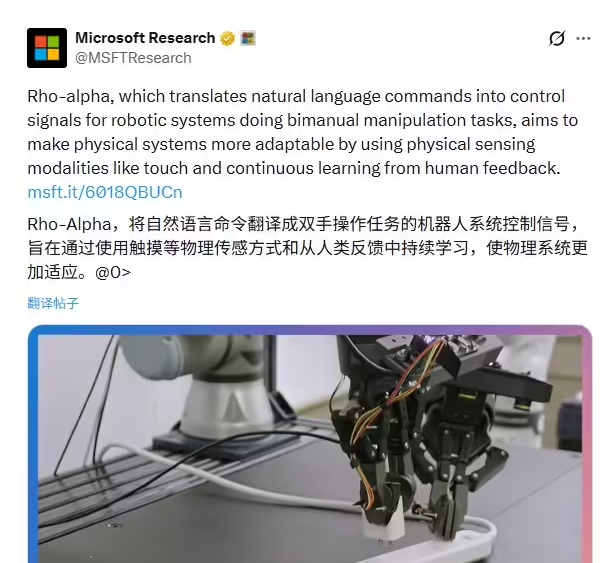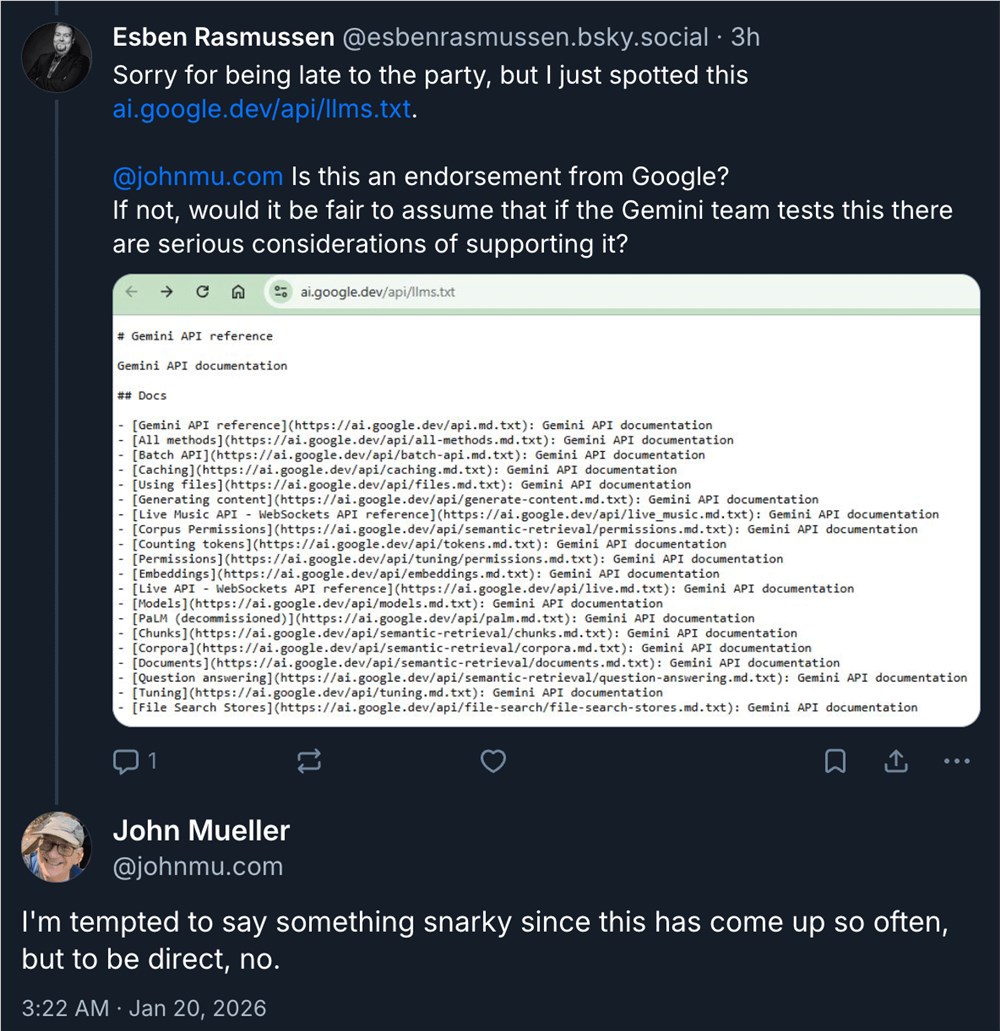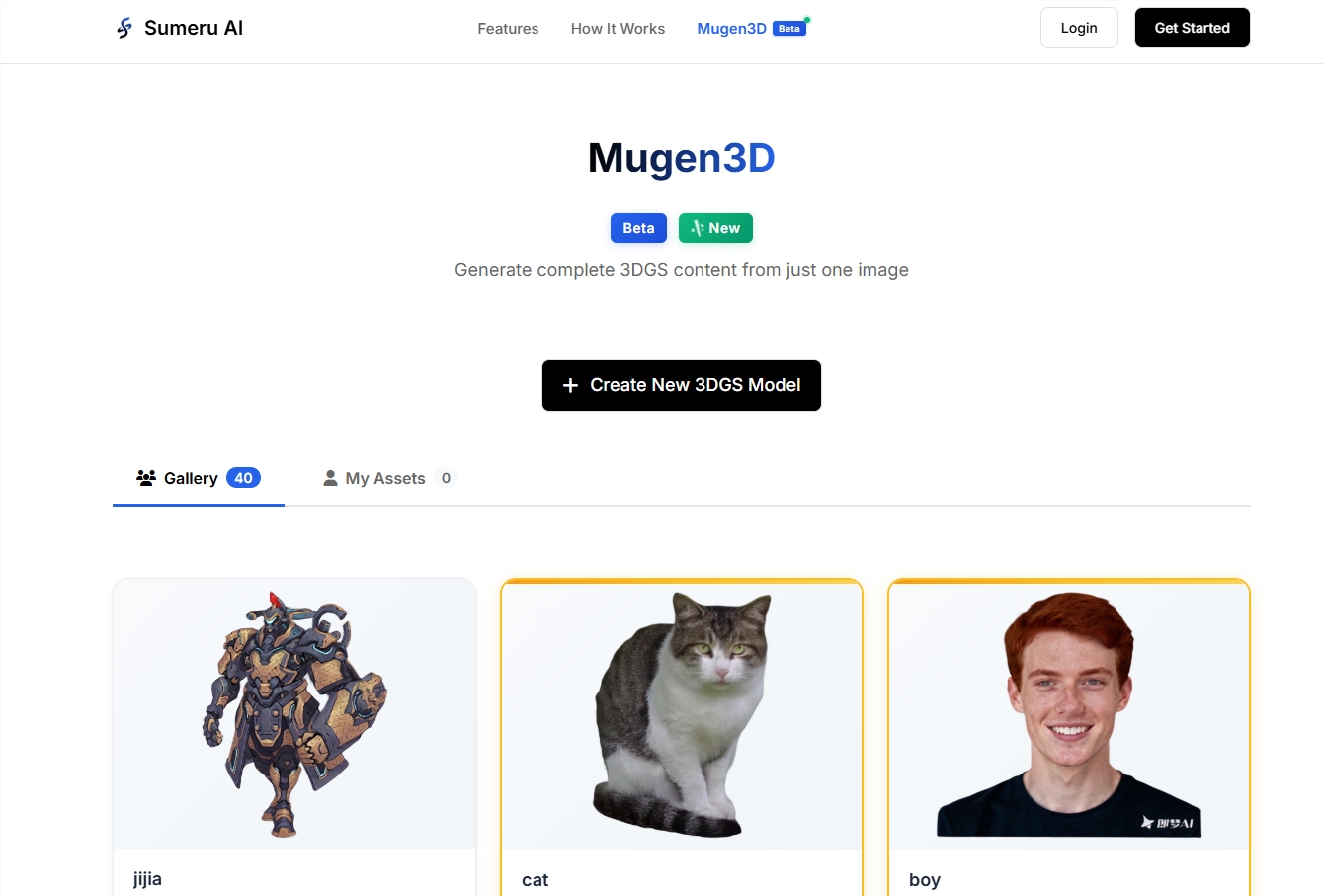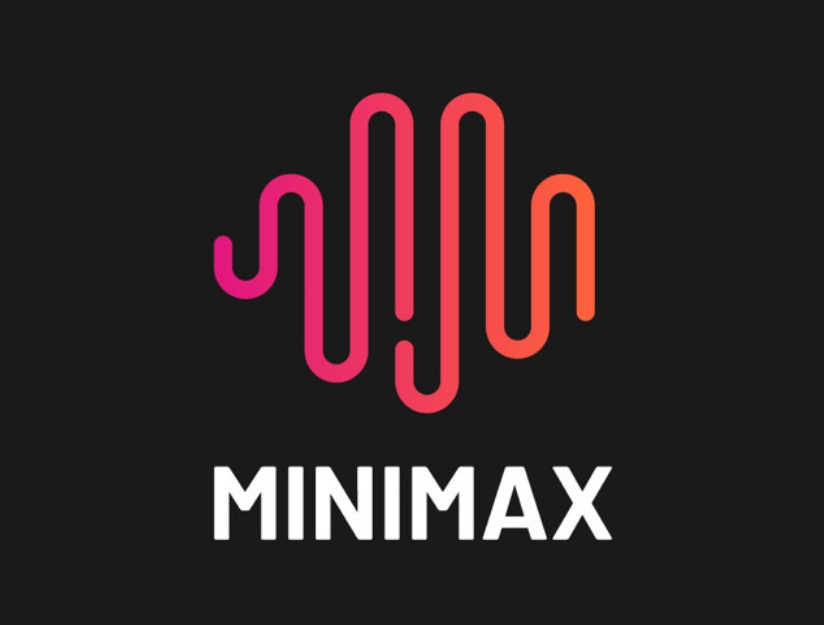Google AI Unveils TxGemma: A Breakthrough in Drug Discovery
Drug development is a notoriously complex and expensive process, often plagued by high failure rates and lengthy timelines. Traditional methods rely heavily on experimental validation, which consumes vast resources. However, machine learning and predictive modeling are now offering promising solutions to streamline this process.
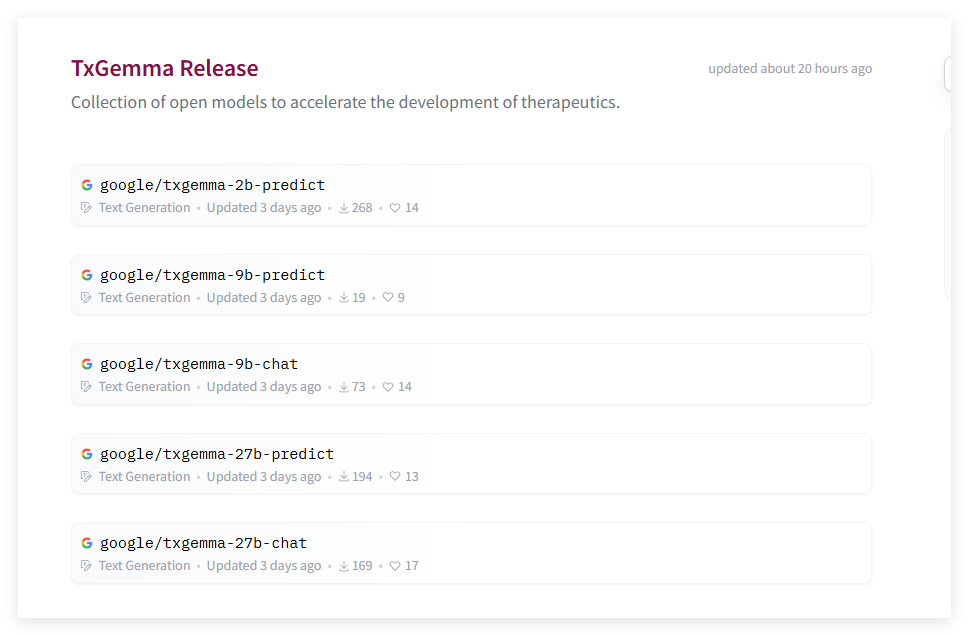
To address the limitations of existing computational models, Google AI has introduced TxGemma, a groundbreaking series of large language models (LLMs) tailored for therapeutic tasks in drug development. What sets TxGemma apart is its integration of diverse datasets, covering small molecules, proteins, nucleic acids, diseases, and cell lines. This comprehensive approach enables the model to support multiple stages of the therapeutic pipeline.
The TxGemma series includes models with 200 million (2B), 900 million (9B), and 2.7 billion (27B) parameters, all built on the Gemma-2 architecture and fine-tuned using extensive therapeutic data. Additionally, Google has introduced TxGemma-Chat, an interactive conversational model that allows scientists to engage in detailed discussions and receive mechanistic explanations, enhancing transparency and usability.
Technical Advancements
TxGemma leverages the Therapeutic Data Commons (TDC), a robust dataset comprising 66 million data points. The predictive variant, TxGemma-Predict, has demonstrated exceptional performance, matching or surpassing current general-purpose and specialized models in therapeutic modeling. Notably, TxGemma excels in data-scarce domains, achieving high accuracy with significantly fewer training samples.
Real-World Applications
One of TxGemma’s standout features is its ability to predict adverse events in clinical trials, a critical aspect of drug safety assessment. The 27B-parameter model delivers strong predictive performance while requiring far fewer training samples than traditional methods. This efficiency is complemented by its rapid inference speed, making it ideal for real-time applications like virtual screening.
Broader Impact
By releasing TxGemma publicly, Google AI aims to foster further validation and adaptation across proprietary datasets. This move could accelerate advancements in computational therapeutic research, promoting reproducibility and broader applicability.
The model is available on Hugging Face.
Key Points
- TxGemma is a series of LLMs designed to optimize drug discovery tasks through integrated datasets.
- The models range from 200M to 2.7B parameters and include an interactive variant for enhanced transparency.
- TxGemma-Predict outperforms existing models in predicting adverse events with fewer training samples.
- Its rapid inference speed supports real-time applications like virtual screening.
- Google’s public release encourages wider adoption and validation in therapeutic research.
